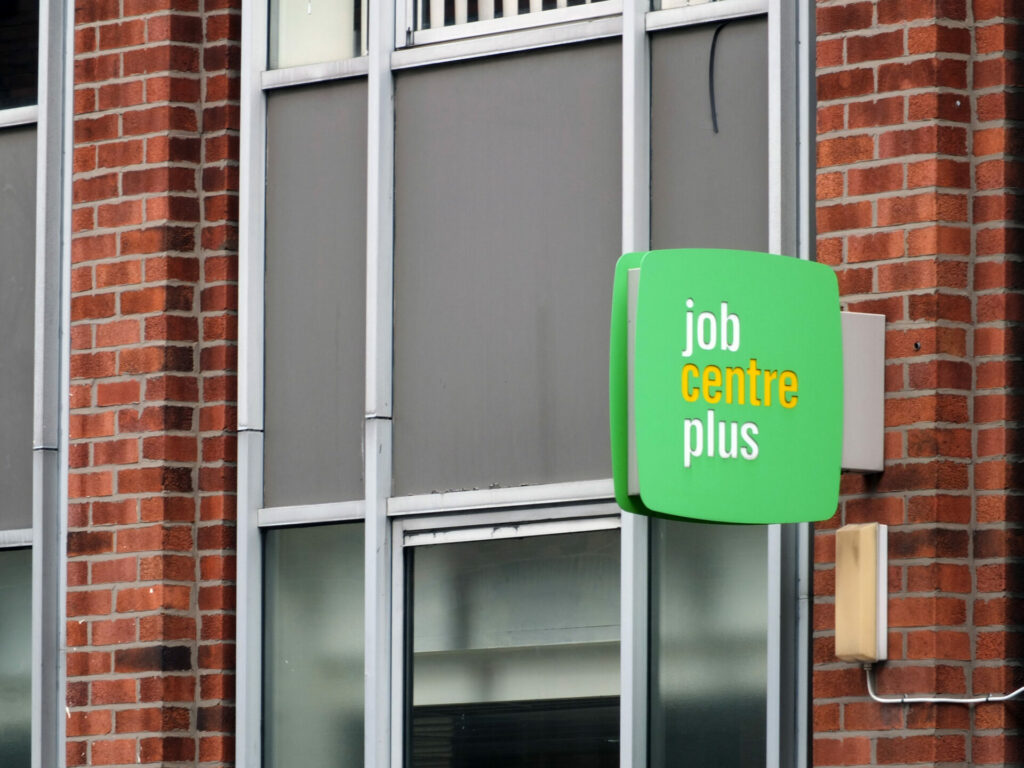Hays has reported a 17% decline in net fees, reflecting the global hiring market’s continued struggles despite generally low levels of unemployment. This performance follows a similar disappointing update from PageGroup earlier in the week. Recruitment companies like Hays are being impacted by low company confidence in hiring new workers and candidate caution about accepting job offers in the current difficult economic climate.
The decline in net fees includes a 4% drop in temporary revenues and a 22% fall in permanent revenues. Germany, which accounts for 31% of Hays’ overall fees, experienced a 17% decrease, primarily due to client companies’ cost controls affecting hiring in the Technology and Engineering sectors. The UK and Ireland, representing 23% of net fees, also saw a 17% decline, influenced by the uncertainty leading up to the recent election. France faced a 13% drop for similar reasons. Additionally, the strength of sterling against the Australian dollar and euro further weakened revenues on repatriation.
Hays anticipates its adjusted pre-tax profit for the full year to be around £105 million, slightly below the market expectations of £106 million to £113 million. The company has also indicated that the near-term outlook remains challenging, with a “subdued summer” expected in the UK.
However, there are some positive signs for Hays. The company has made cost savings of approximately £60 million this year, resulting in a positive net cash position of £55 million, compared to a net debt of £20 million at the end of March. This financial stability has enabled Hays to continue paying dividends, with a yield of 5.8%.
Richard Hunter, head of markets at interactive investor, commented, “Hays is in the midst of a parlous time for its sector, and this update provides little obvious evidence of a turn in the economic cycle. Costs generally for businesses including wages remain elevated, and inflation and interest rate levels have yet to hit the target in most markets. Even so, the group remains diversified in terms of the specialisms it offers and on a wide geographical basis, thus placing it in a position to benefit from any upticks as and when they occur.”
Despite the challenges, Hays’ operational metrics show stability, with low levels of bad debts and some signs of improvement in regions such as Australia, New Zealand, Asia, and the Americas. The company’s diversified specialisms and wide geographical presence position it to potentially benefit from future economic improvements.
The share price of Hays has declined by 9% over the last year, compared to a 15% gain for the wider FTSE 250. Over the past three years, the share price has dropped by 46%. Despite this, there is a growing number of investors who believe the worst is over and are optimistic about the company’s long-term recovery prospects. The market consensus remains a buy, reflecting confidence in Hays’ potential for recovery.

















